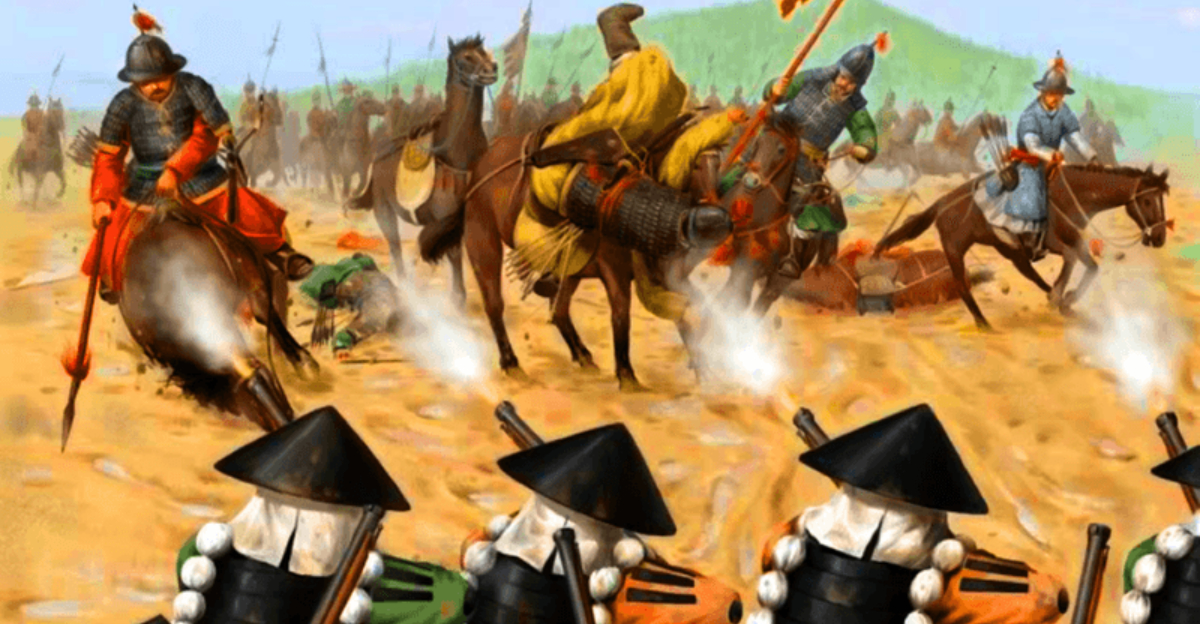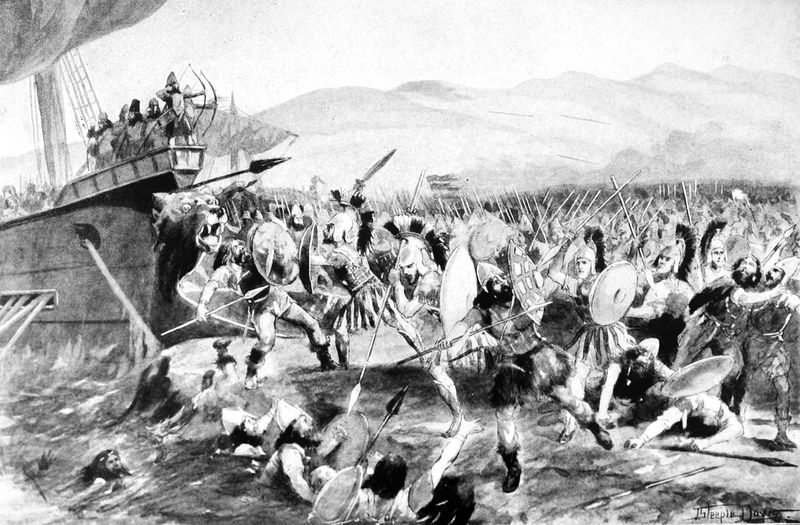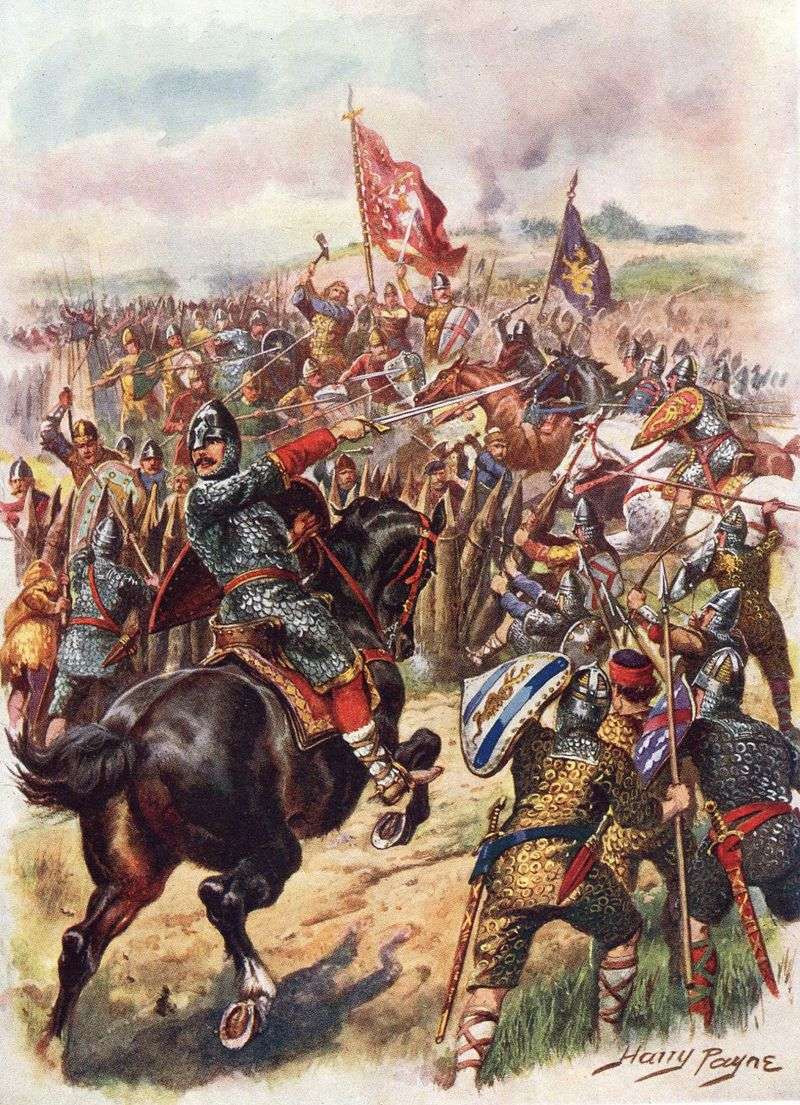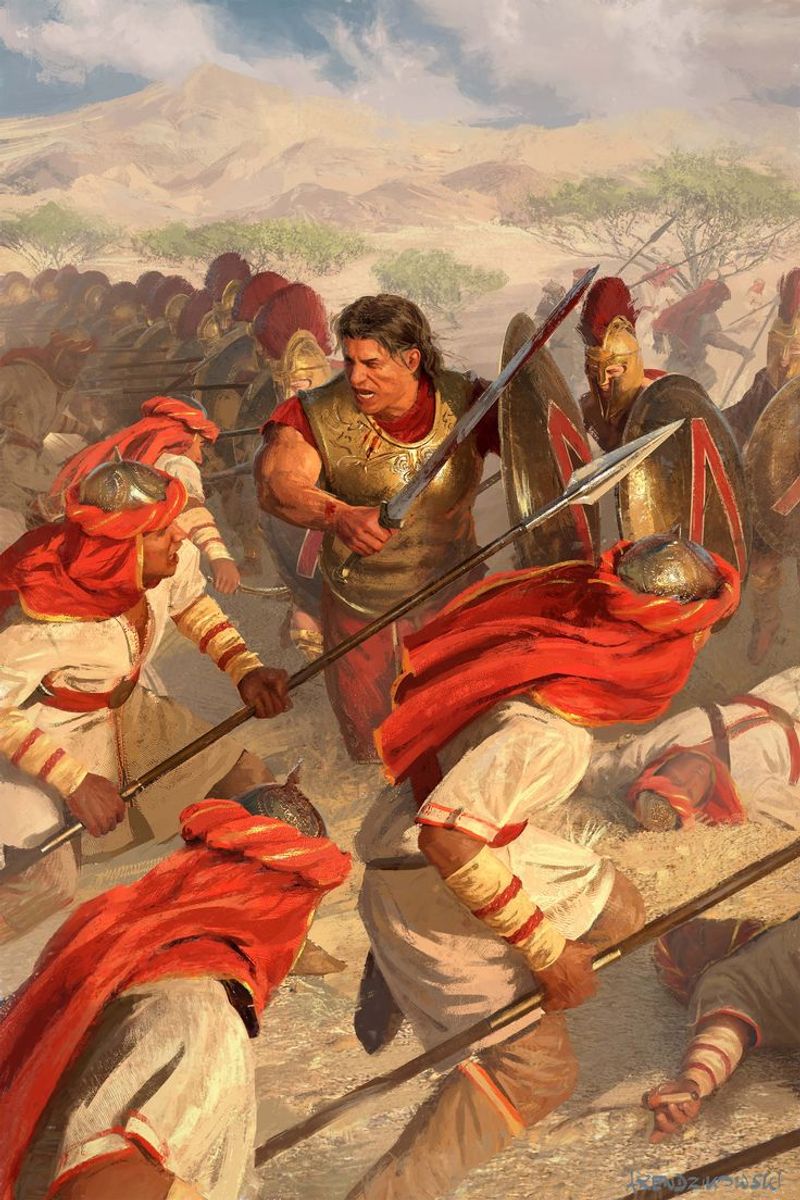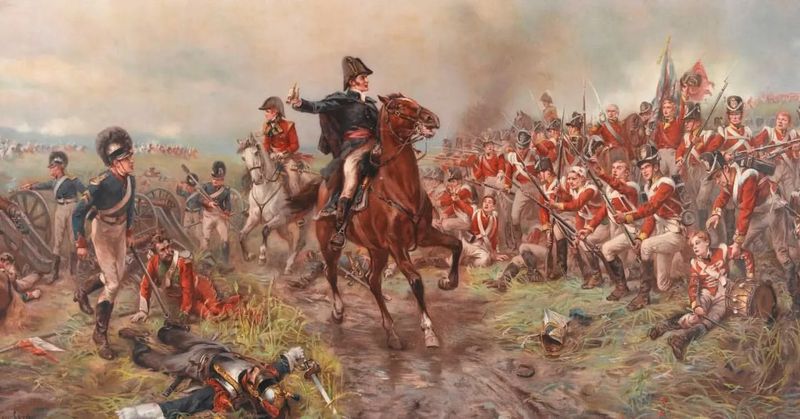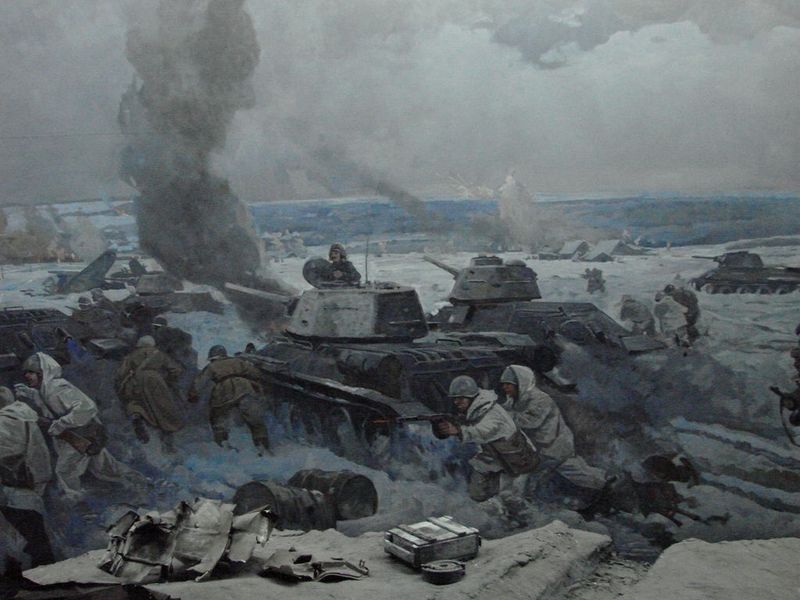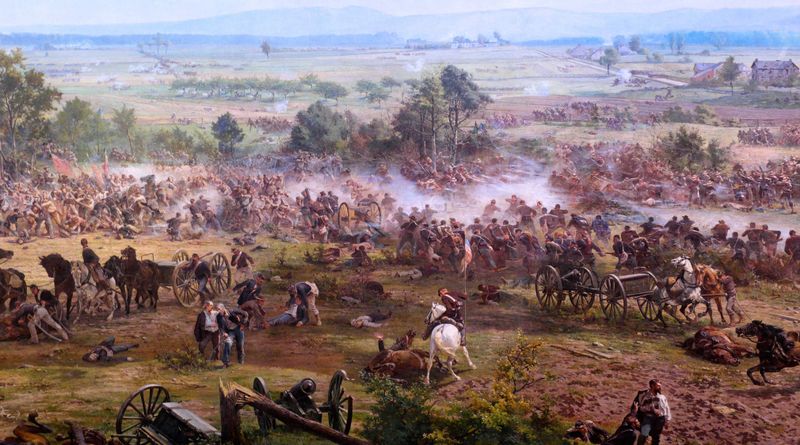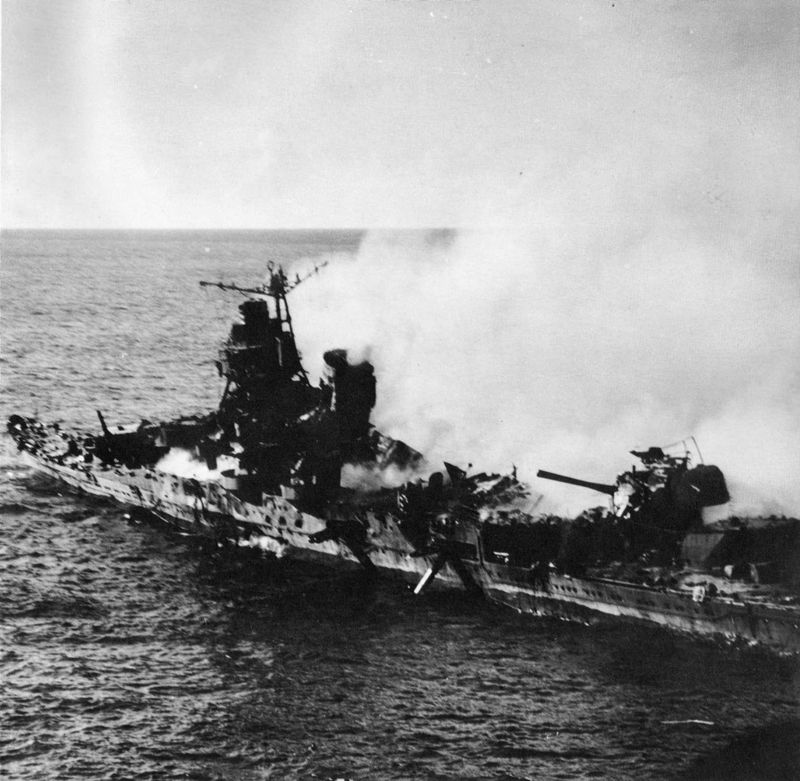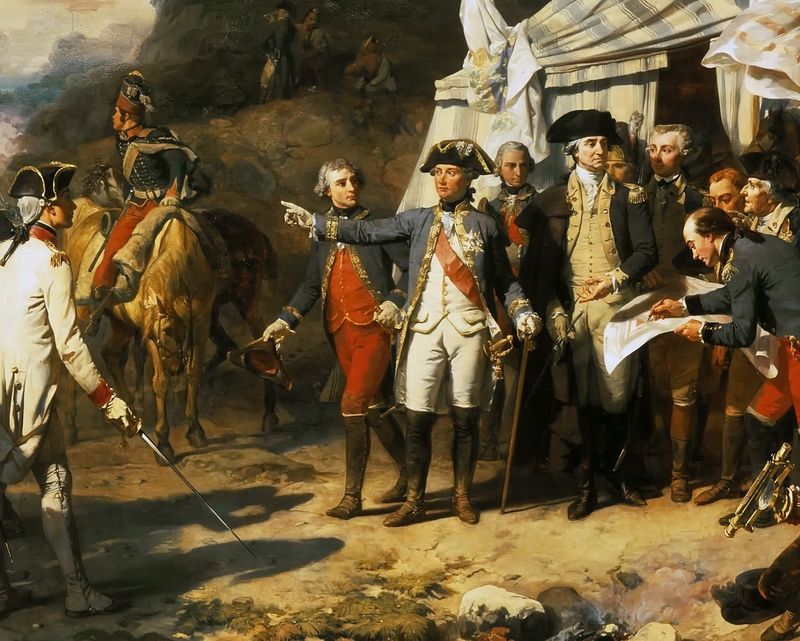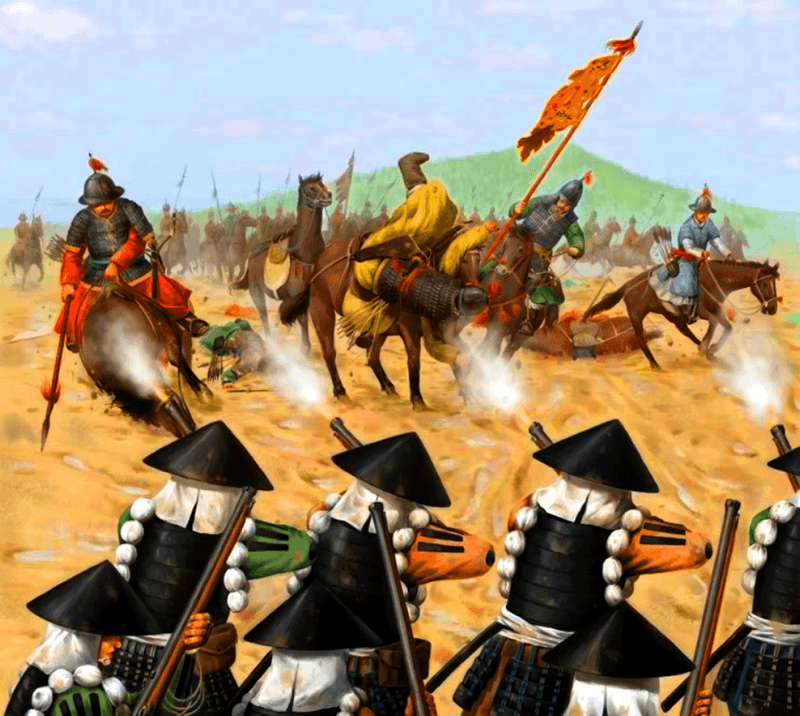Throughout history, certain battles have changed the course of nations, empires, and civilizations. These epic clashes not only decided the fate of the warriors involved but also shaped the trajectory of future generations. In this blog post, we dive deep into ten legendary battles that defined history. Each battle, with its unique context and impact, offers a glimpse into the strategies, heroics, and horrors of war. Let’s journey through time and explore these monumental conflicts that have left an indelible mark on our world.
Battle of Marathon
The Battle of Marathon in 490 BC is a defining moment in Greek history. It marked the first time the Greeks successfully repelled the Persians. This battle showcased the strength of the heavily armored hoplites. In a surprise move, the Athenians ran towards the Persian forces. This unexpected tactic led to a shocking victory.
The battle is famous not only for its military strategy but also for inspiring the modern marathon race. Legend has it that a messenger ran from Marathon to Athens to announce the victory, inspiring the enduring legacy of this ancient conflict.
Battle of Hastings
In 1066, the Battle of Hastings altered the course of English history. William the Conqueror’s Norman forces defeated King Harold II’s Anglo-Saxon army. This victory led to the Norman conquest of England. The battle was characterized by brutal hand-to-hand combat.
The use of cavalry by the Normans played a crucial role in their success. The famous Bayeux Tapestry depicts this epic clash in intricate detail. The outcome of Hastings established Norman rule in England and reshaped the country’s culture, language, and governance.
Battle of Thermopylae
The Battle of Thermopylae in 480 BC epitomizes heroism in the face of overwhelming odds. King Leonidas of Sparta and his 300 warriors made a courageous stand against Xerxes’ vast Persian army. This three-day battle took place in a narrow mountain pass.
Although the Spartans were eventually defeated, their sacrifice became a symbol of bravery. Thermopylae’s legacy endures as a testament to the courage and resilience of those who fight against insurmountable challenges. It inspired future generations to stand firm for their beliefs.
Battle of Agincourt
The Battle of Agincourt in 1415 is a legendary conflict during the Hundred Years’ War. King Henry V of England led a smaller force against a much larger French army. The English longbowmen played a decisive role in the battle’s outcome. Their arrows rained down on the French knights.
The muddy terrain hindered the heavily armored French, leading to a stunning English victory. Agincourt is remembered for demonstrating the effectiveness of the longbow. It shifted the power dynamics in medieval warfare and showcased the importance of strategy over sheer numbers.
Battle of Waterloo
The Battle of Waterloo in 1815 marked the end of Napoleon Bonaparte’s reign. Fought on the Belgian fields, it saw the coalition forces, led by the Duke of Wellington, facing Napoleon’s troops. This decisive battle ended the Napoleonic Wars.
The strategic brilliance of Wellington, along with timely Prussian reinforcements, secured victory. Waterloo is etched in history as a turning point in European politics. It reshaped the continent’s power structure and heralded a new era of diplomacy and alliances.
Battle of Stalingrad
The Battle of Stalingrad from 1942 to 1943 was a pivotal conflict in World War II. It was marked by brutal urban warfare and immense casualties. Soviet forces, under General Zhukov, encircled and defeated the German army.
This victory marked a turning point on the Eastern Front. Stalingrad’s impact was profound, leading to the eventual decline of Nazi Germany. It showcased the resilience and determination of the Soviet people, forever changing the course of the war and global history.
Battle of Gettysburg
The Battle of Gettysburg in 1863 was a crucial turning point in the American Civil War. Fought over three days, it involved fierce combat between Union and Confederate forces. General Robert E. Lee’s invasion of the North was halted.
The Union victory ended Lee’s attempts to invade the North, shifting the war’s momentum. Often cited as the war’s turning point, Gettysburg is remembered for President Lincoln’s Gettysburg Address. It symbolized the struggle for national unity and the end of slavery in America.
Battle of Midway
The Battle of Midway in 1942 was a decisive naval conflict during World War II. The US Navy, under Admiral Nimitz, clashed with the Japanese fleet. This battle was pivotal in the Pacific Theater.
Superior intelligence and strategy led to a significant American victory. Midway halted Japanese expansion and shifted the balance of power. It showcased the importance of aircraft carriers and intelligence in modern warfare. This battle marked a turning point in the Pacific, paving the way for Allied successes.
Battle of Yorktown
The Battle of Yorktown in 1781 was the final major clash of the American Revolutionary War. American and French forces, led by General Washington, besieged British troops under General Cornwallis. This victory secured American independence.
French naval support proved crucial in the success of the siege. Yorktown’s outcome highlighted the importance of international alliances. This battle is celebrated as a symbol of liberty and the triumph of the American cause.
Battle of Sekigahara
The Battle of Sekigahara in 1600 was a defining moment in Japanese history. It marked the rise of the Tokugawa Shogunate. Samurai warriors clashed on the open plains, leading to a unification of Japan under Tokugawa Ieyasu.
This pivotal battle ended the Sengoku period of warring states. Sekigahara’s outcome established a peace that lasted over two centuries. It was a testament to the strategic acumen of Tokugawa Ieyasu. The battle’s legacy endures in Japan’s cultural and political history.
